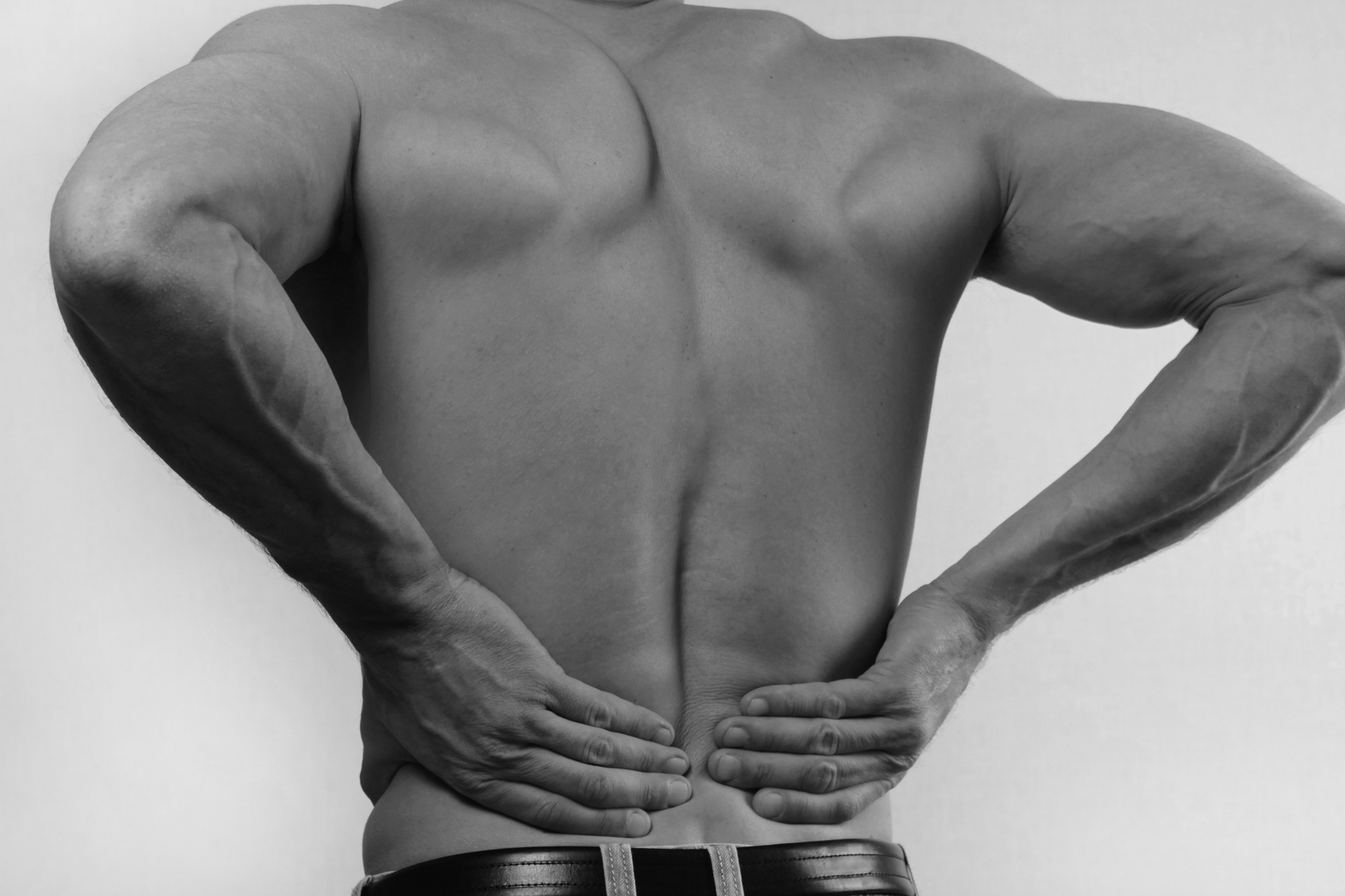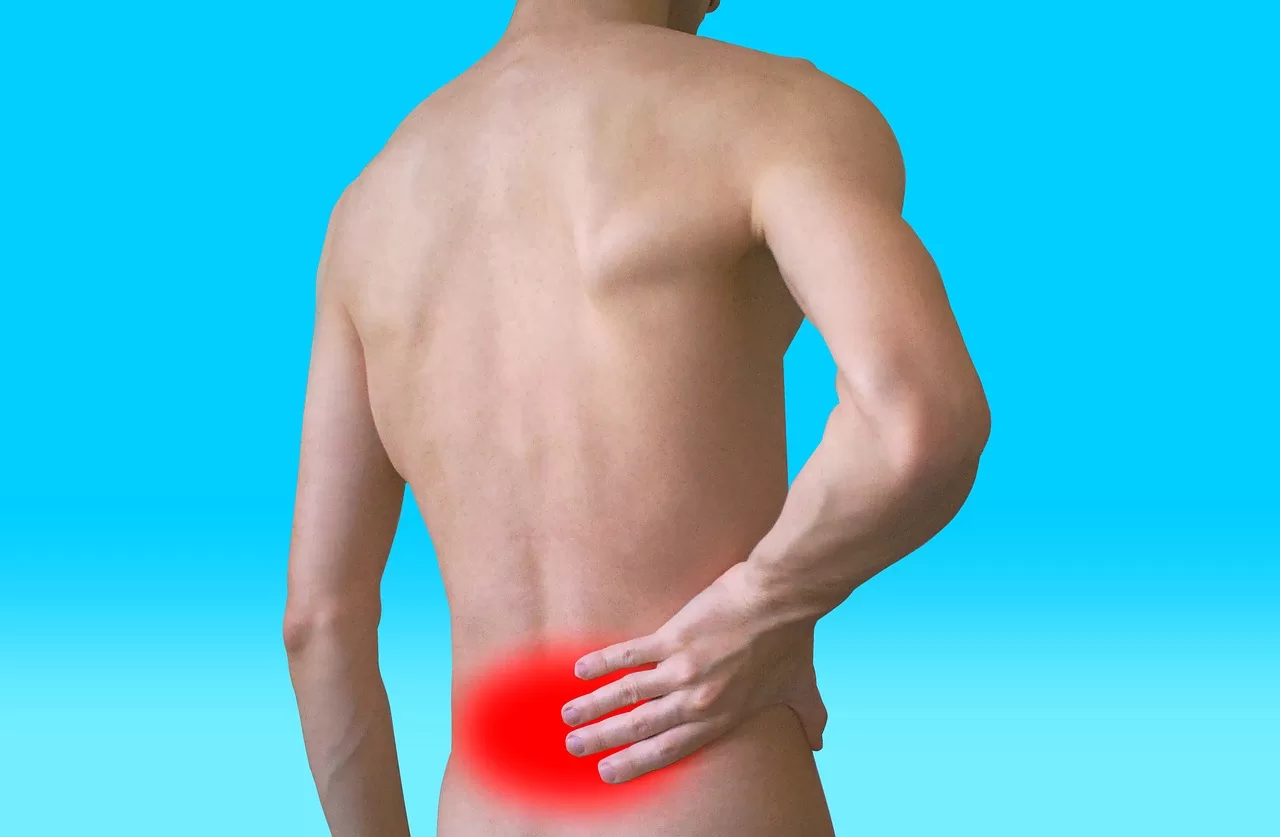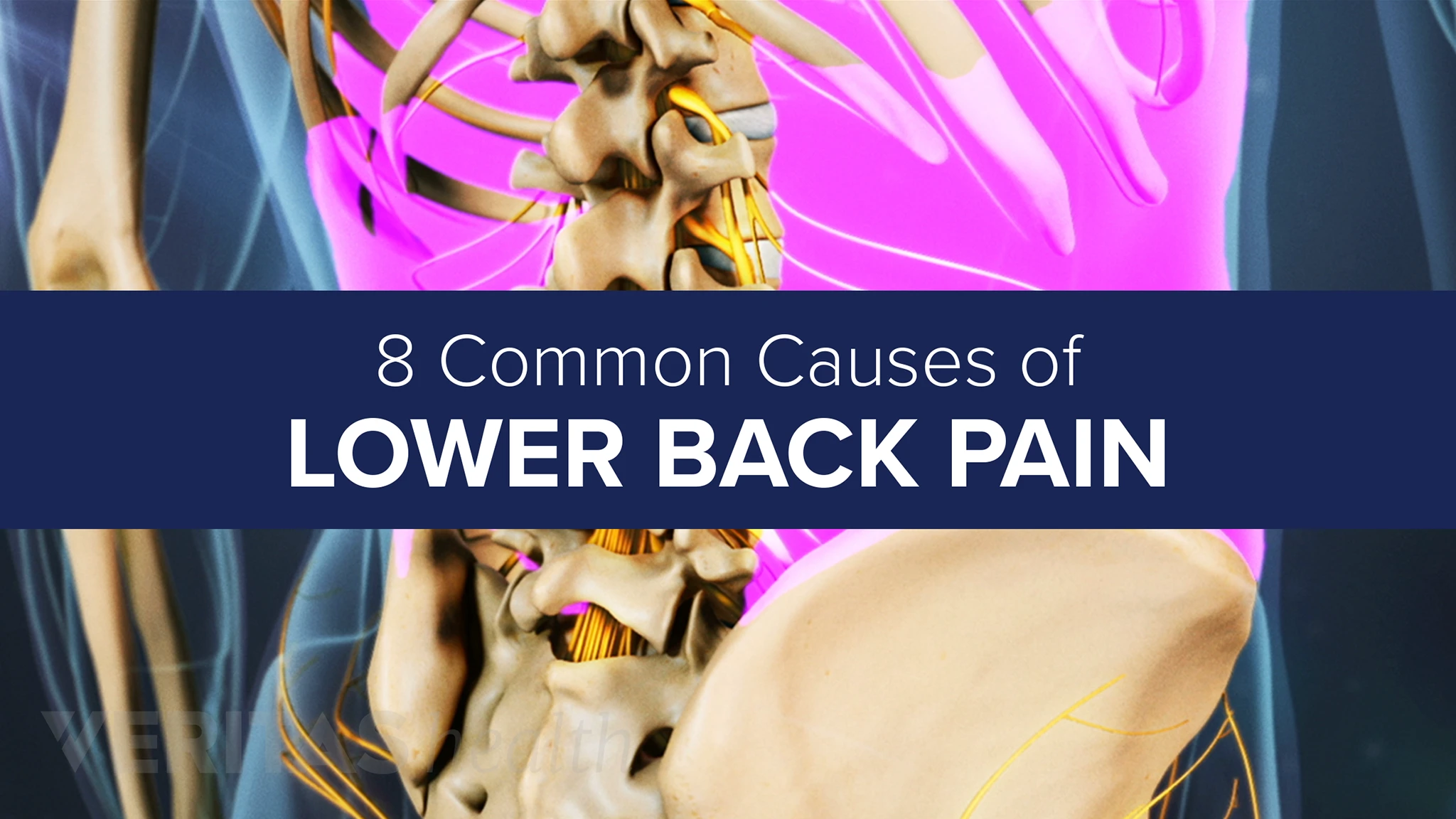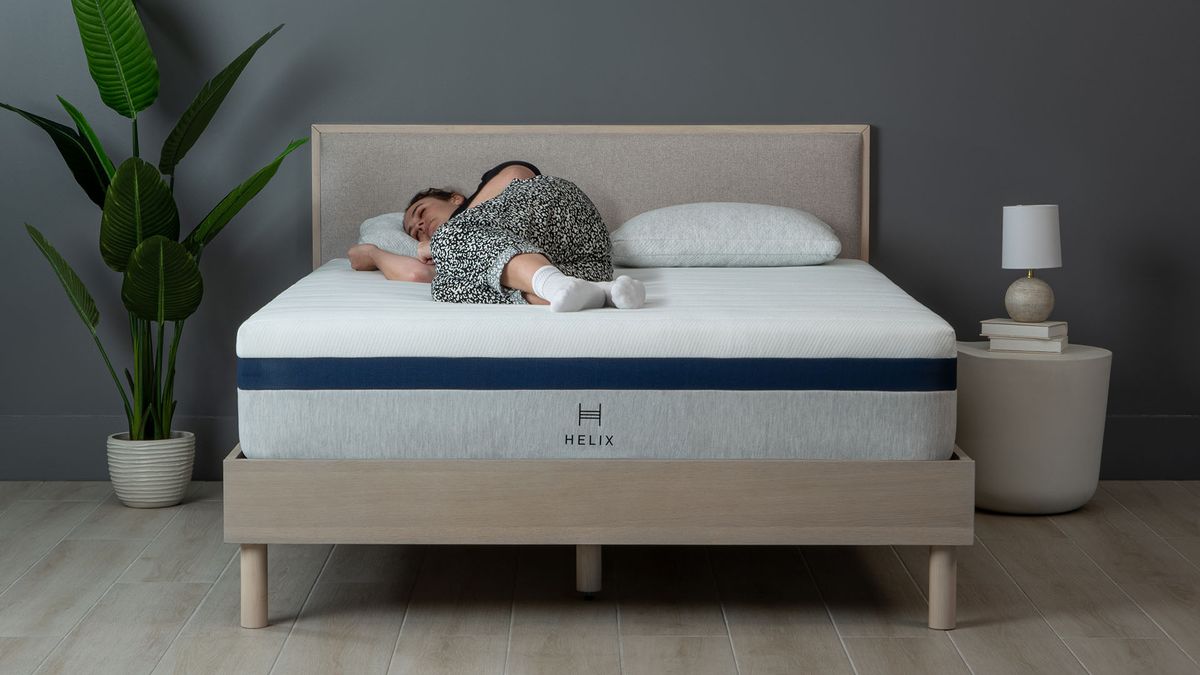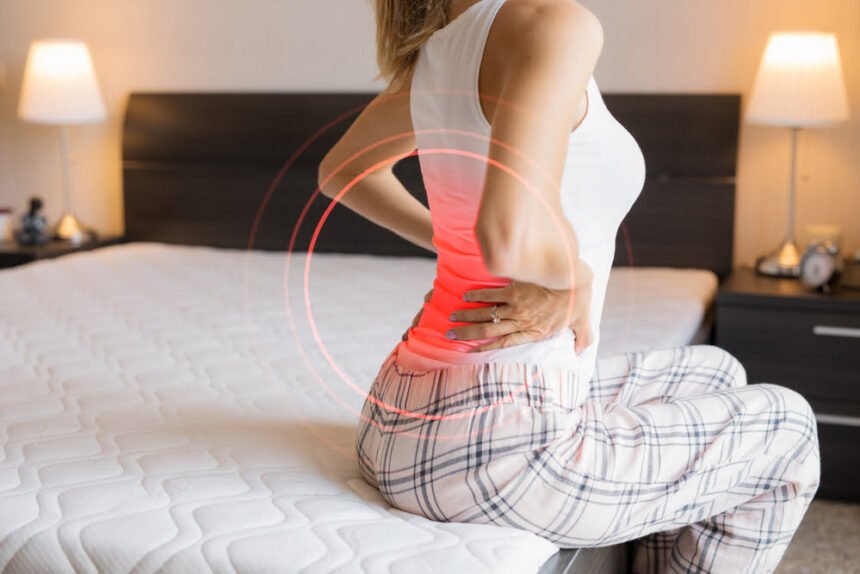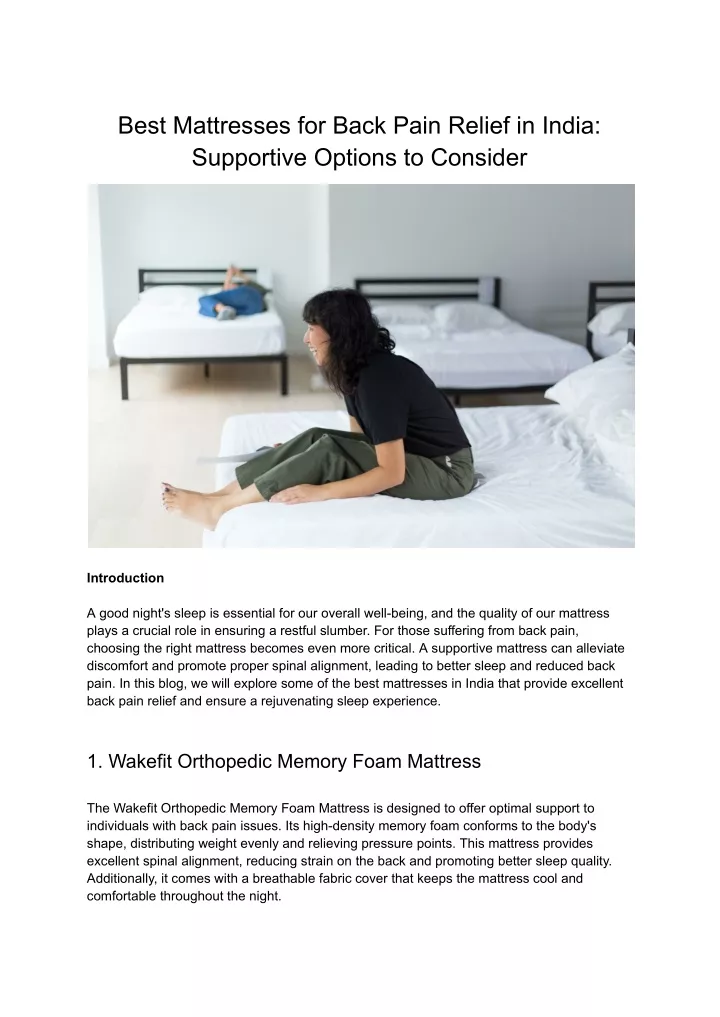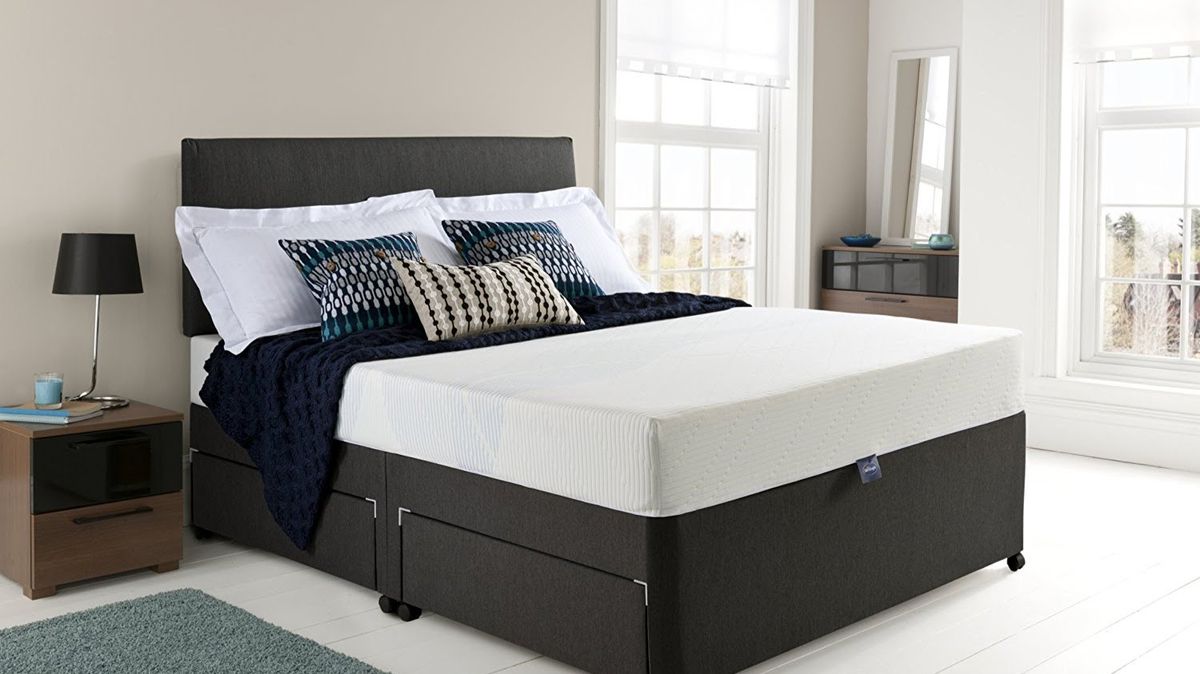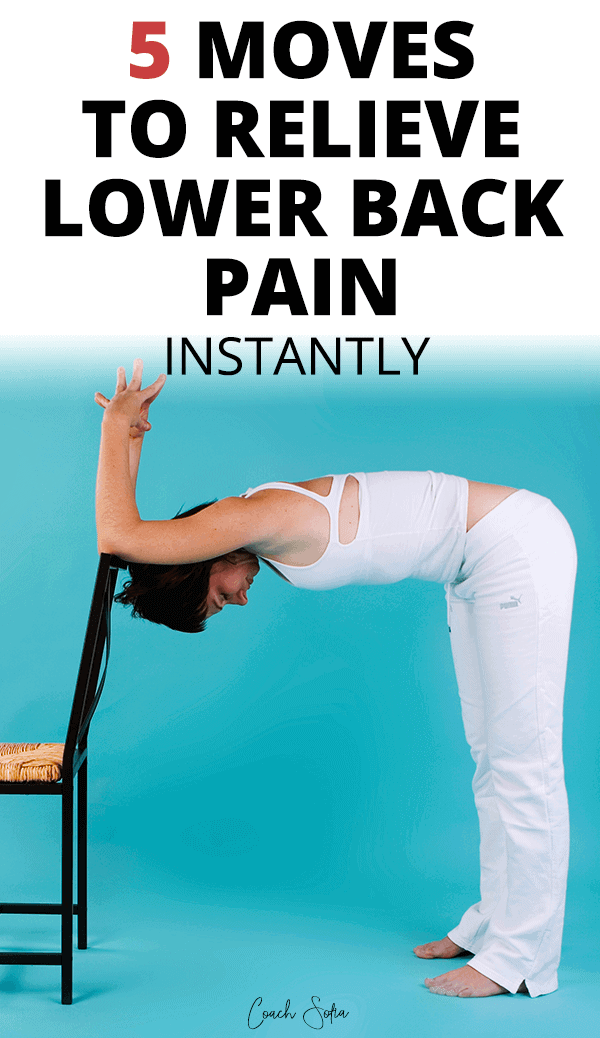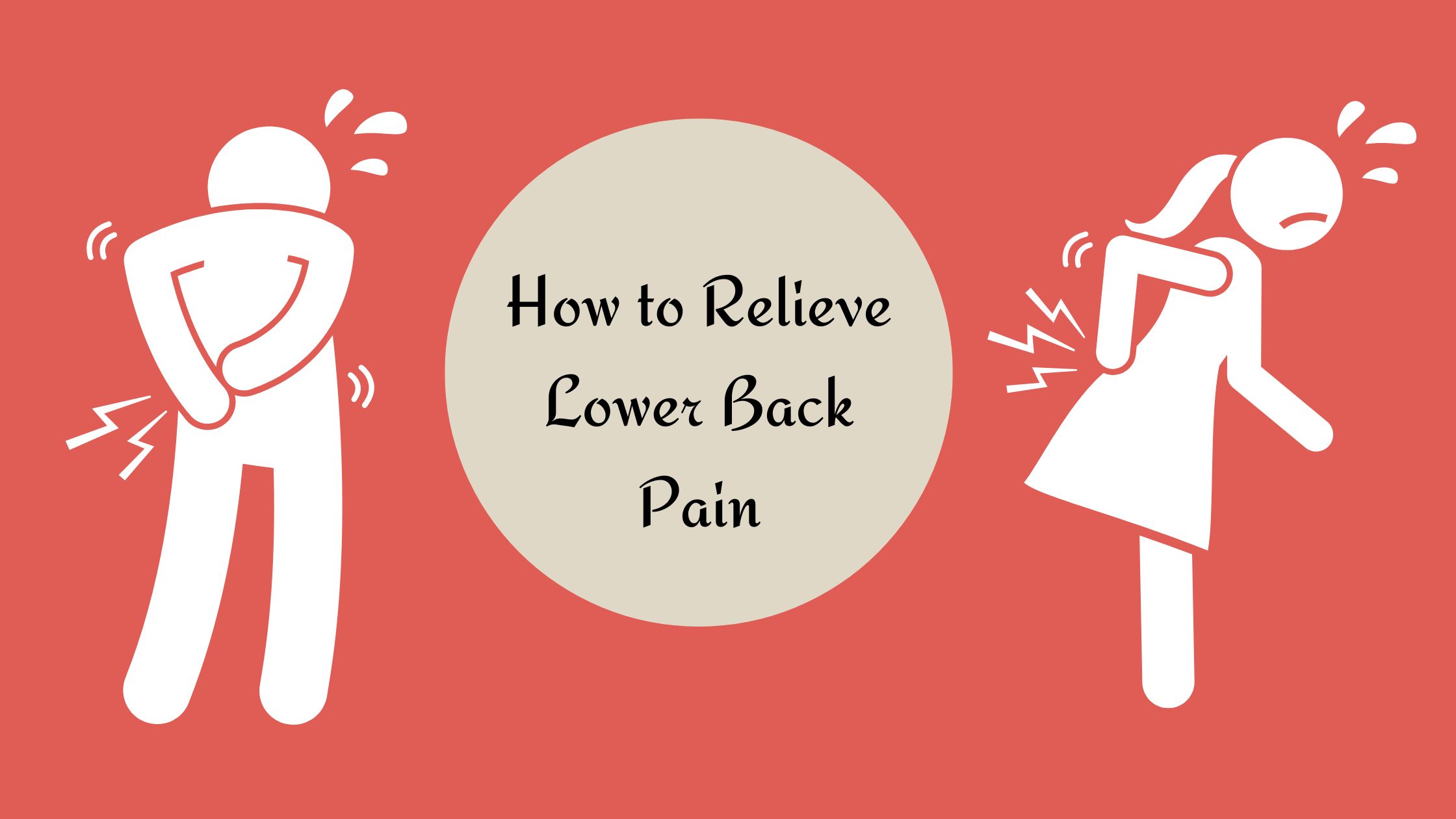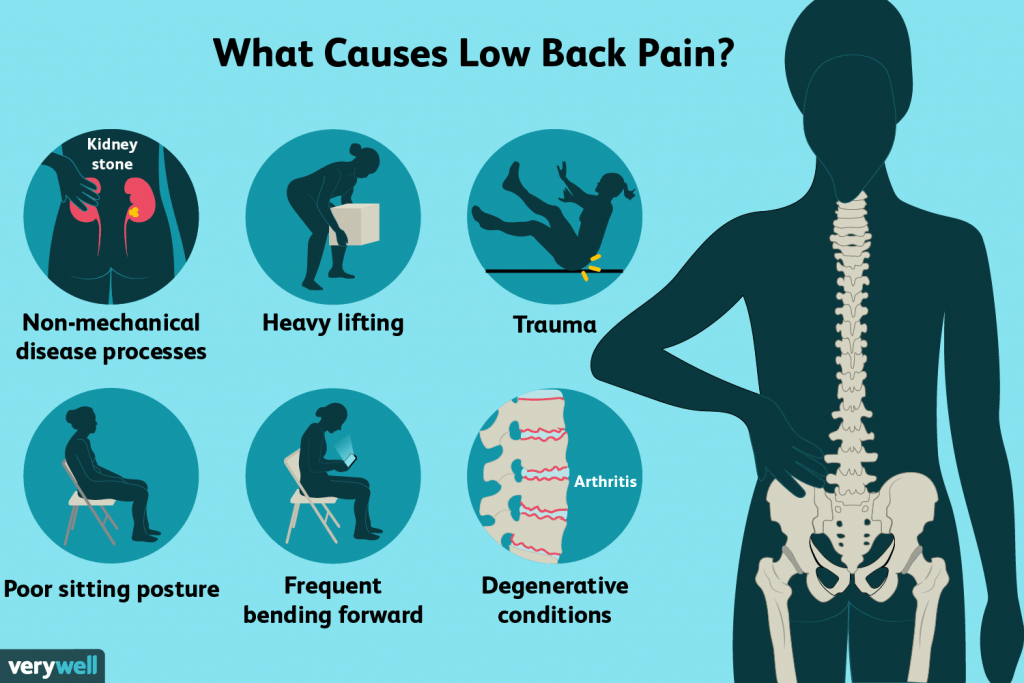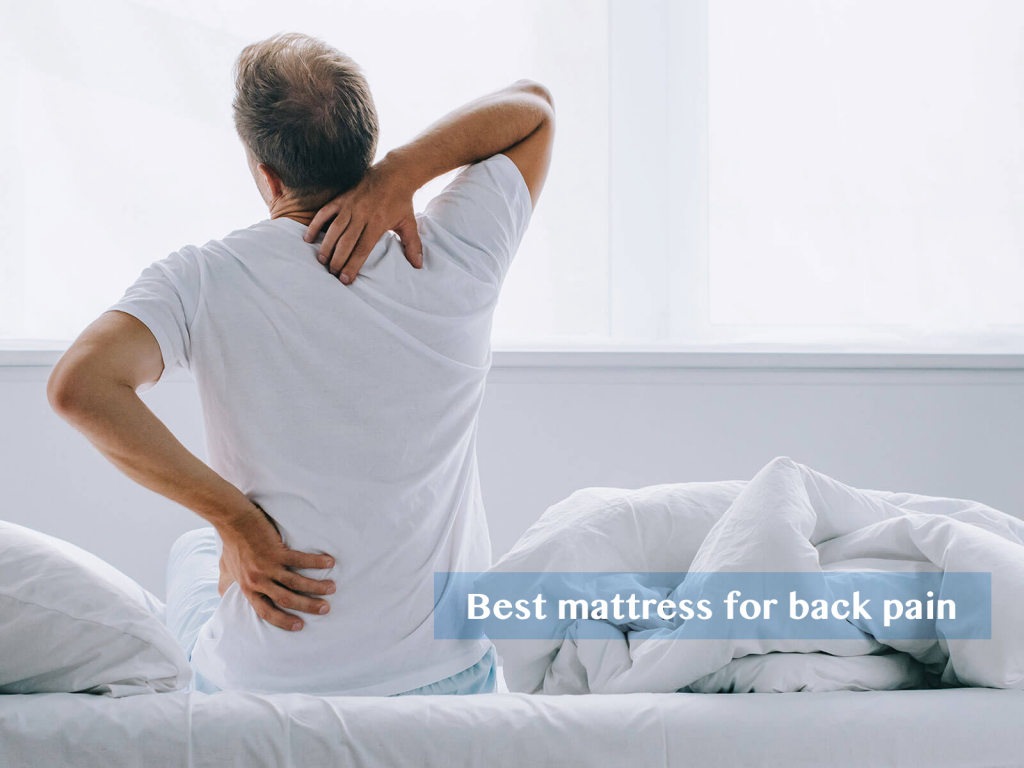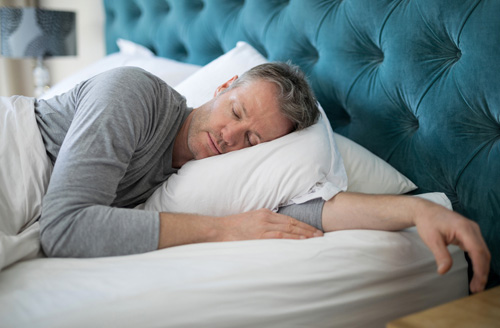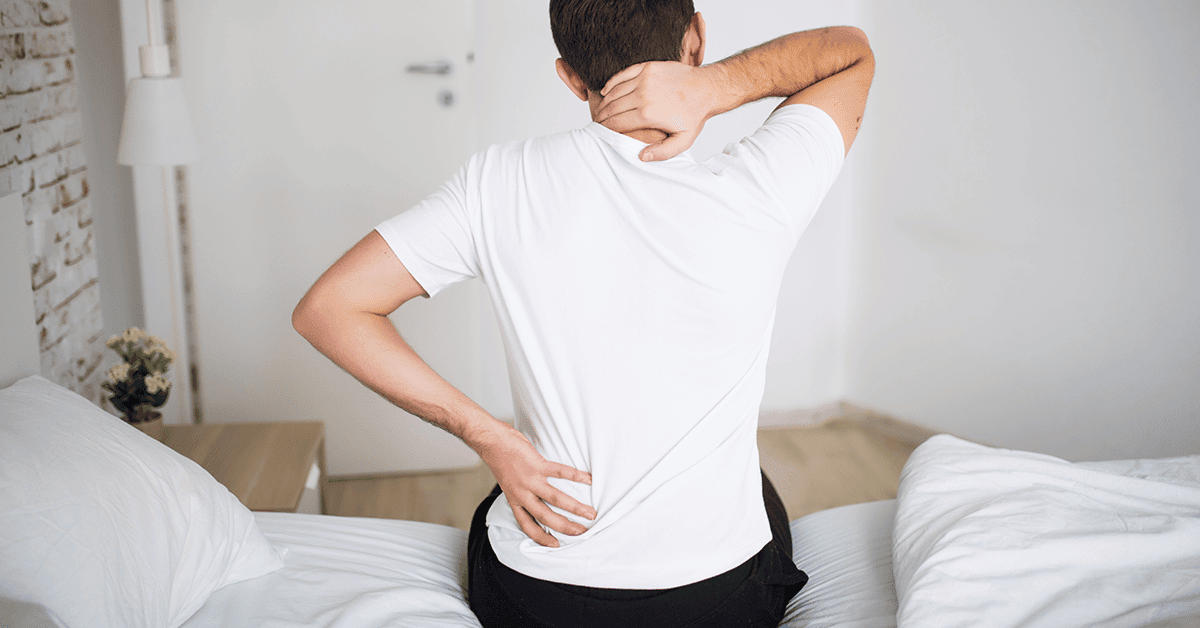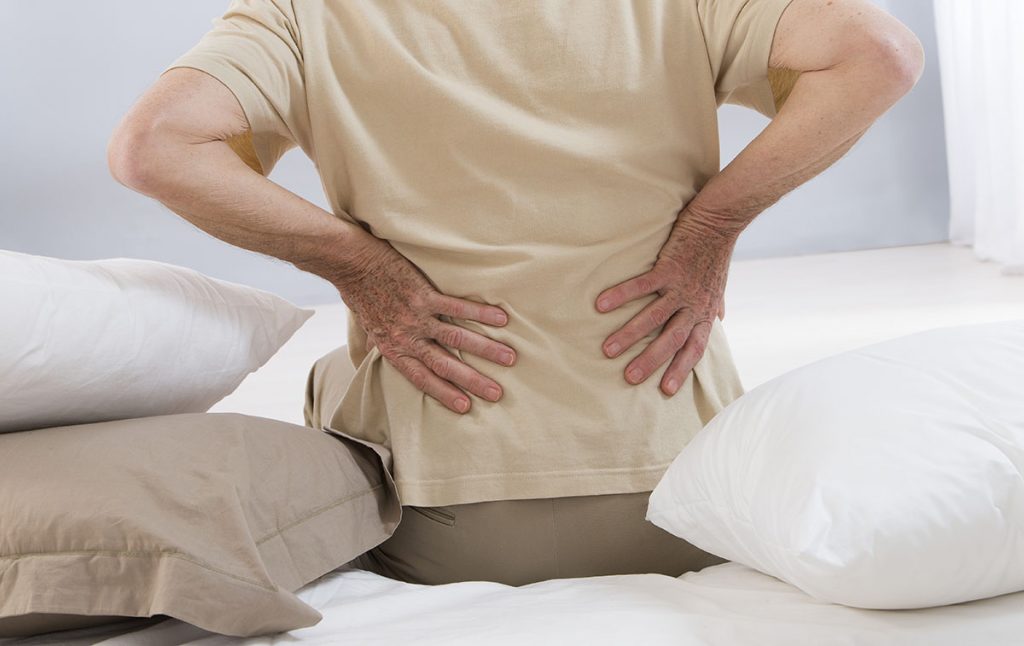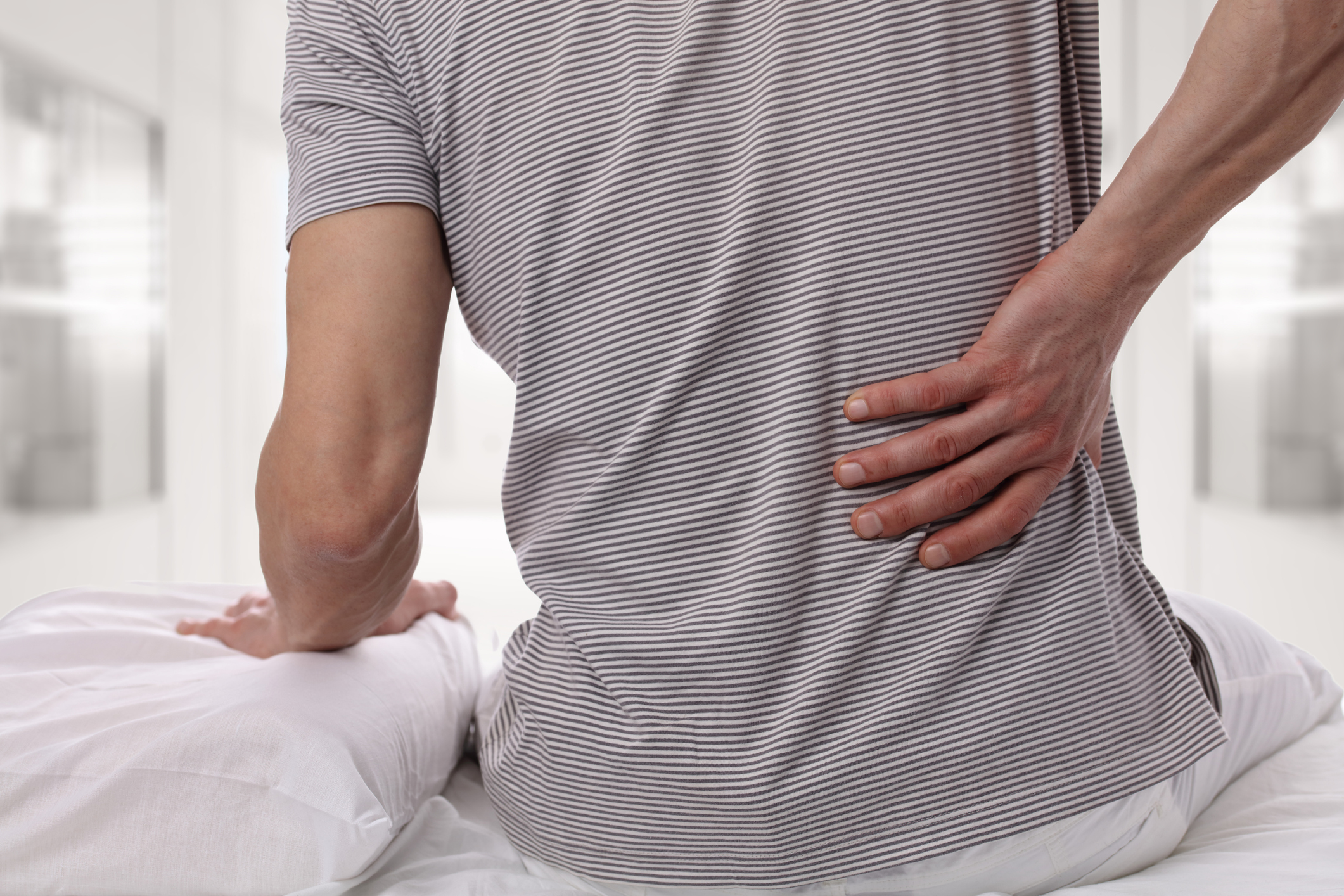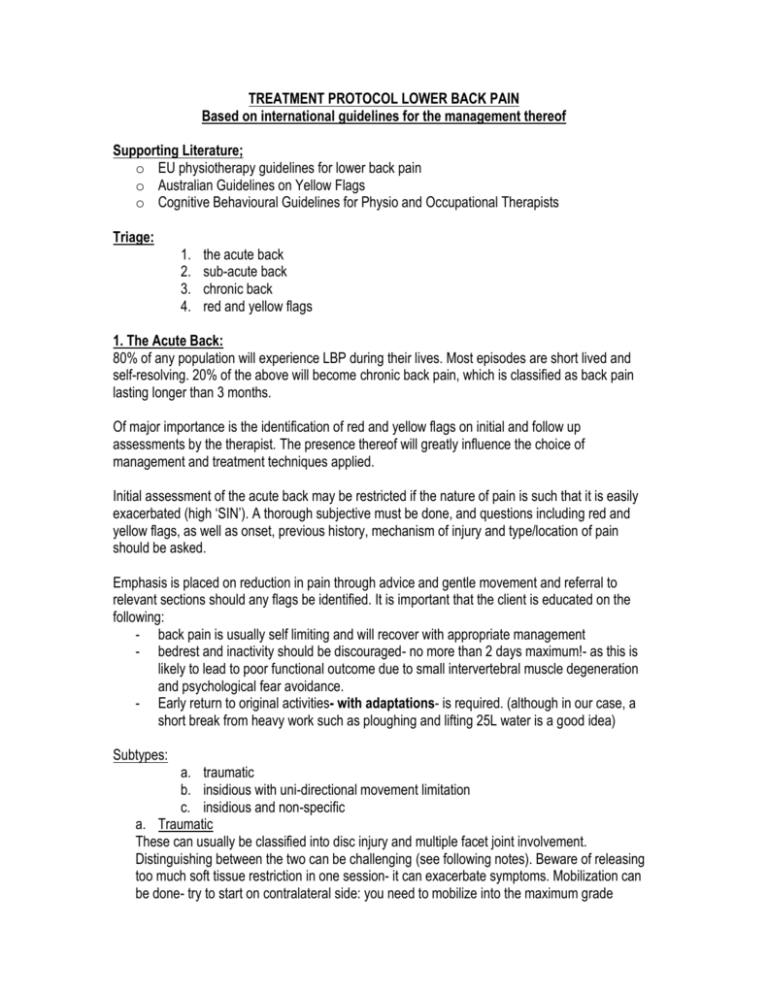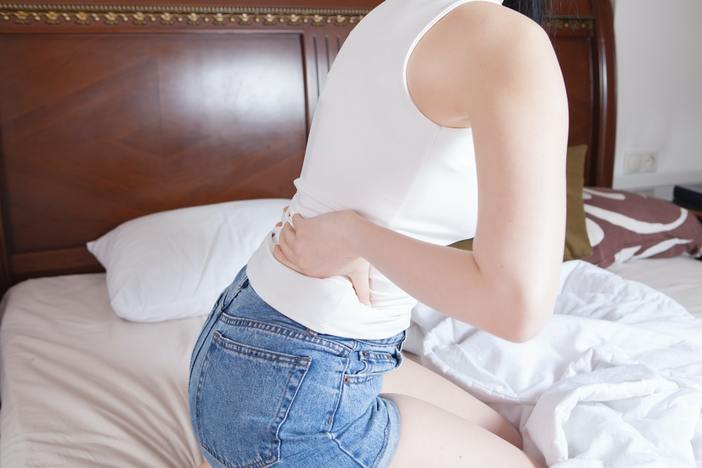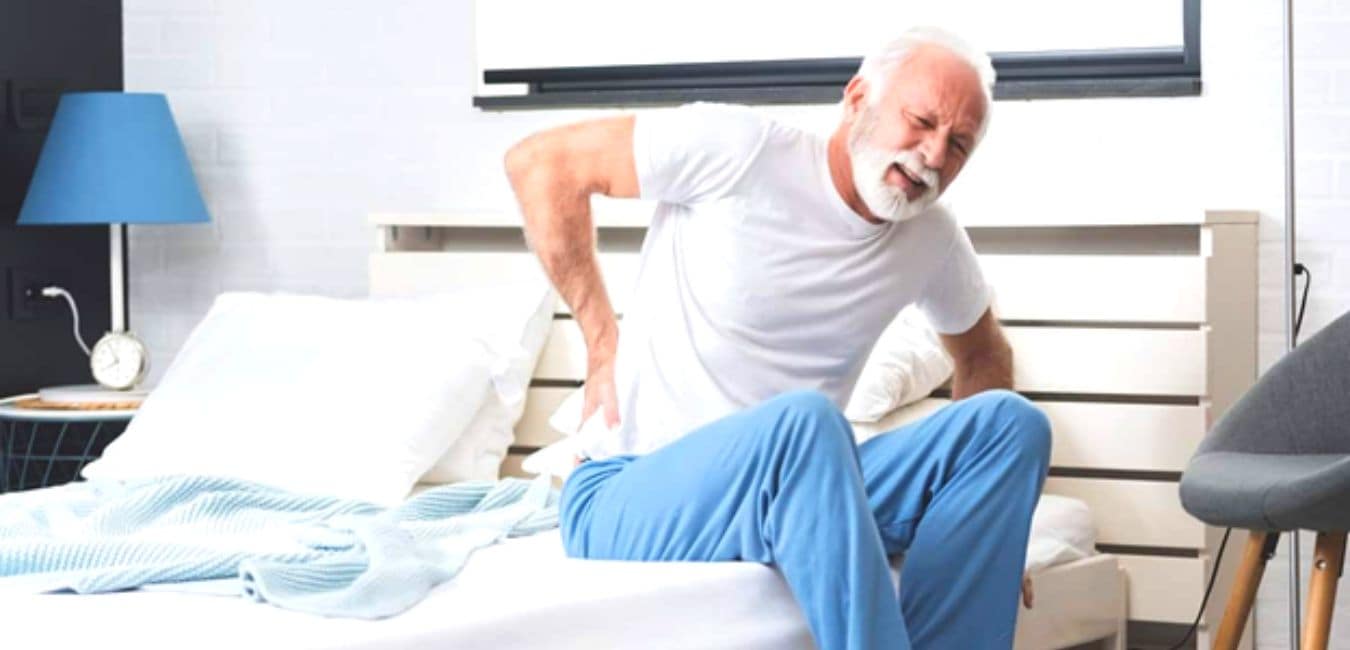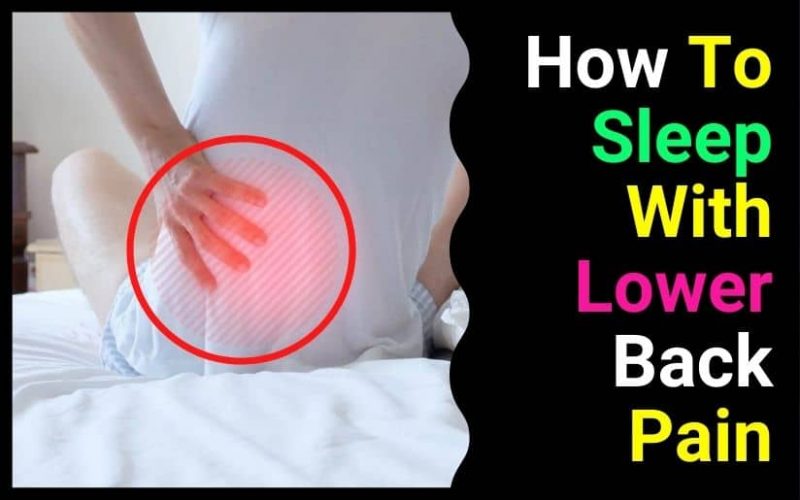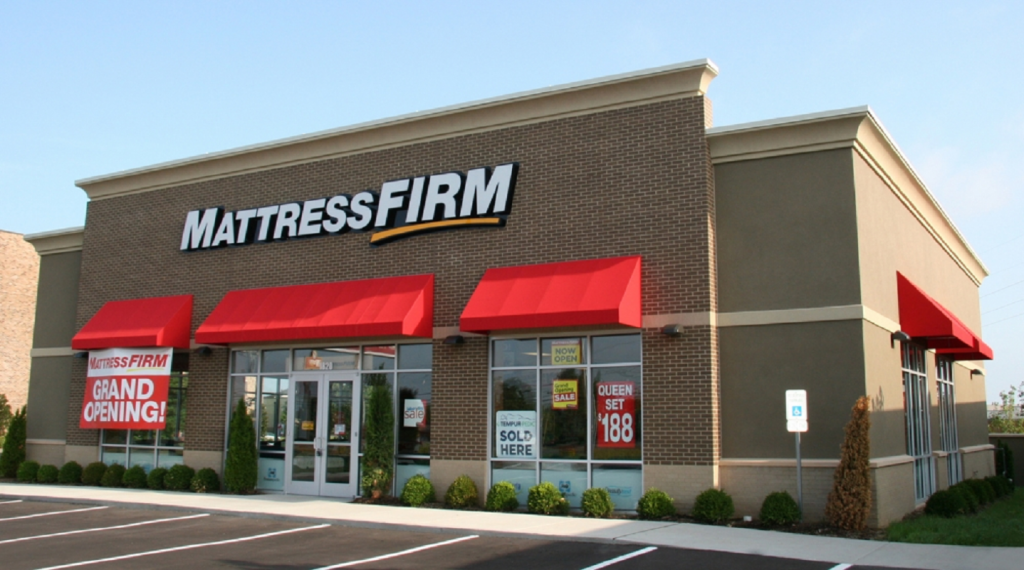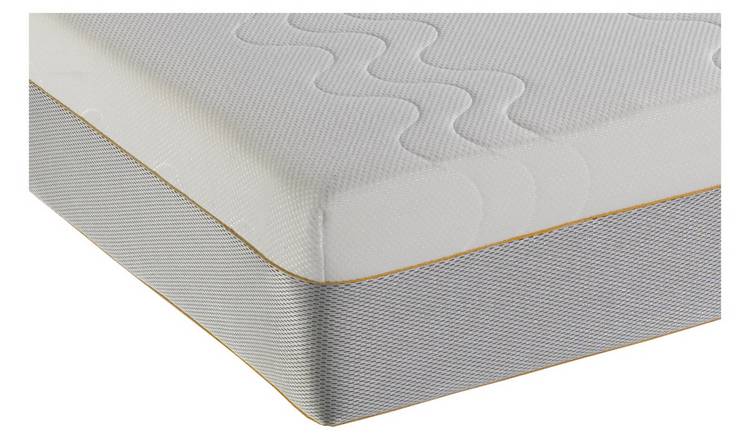1. Mattress Firmness and Lower Back Pain
If you suffer from lower back pain, you're not alone. It's estimated that 80% of adults will experience back pain at some point in their lives. While there are many factors that can contribute to back pain, one often overlooked cause is your mattress firmness. The level of firmness in your mattress can have a significant impact on your lower back health.
According to The Journal of Chiropractic Medicine, a mattress that is too soft can cause improper spinal alignment, leading to lower back pain. On the other hand, a mattress that is too firm can put pressure on sensitive areas of the body, causing discomfort and pain.
2. How to Choose the Right Mattress for Lower Back Pain
When it comes to selecting a mattress to help alleviate lower back pain, it's important to find the right balance of support and comfort. A medium-firm mattress is generally recommended as it provides enough support for your spine while still allowing for comfort and pressure relief.
Another factor to consider is your sleeping position. For back sleepers, a firmer mattress is typically best, while side sleepers may find more relief with a softer mattress to cushion their hips and shoulders. Stomach sleepers may benefit from a firmer mattress to keep their spine in alignment.
3. The Connection Between Mattresses and Lower Back Pain
So, how exactly does your mattress contribute to lower back pain? Your mattress is responsible for supporting your body weight and keeping your spine in a neutral position while you sleep. If your mattress is unable to properly support your body, it can cause muscle strain and tension in your lower back, leading to pain and discomfort.
Additionally, an old or worn-out mattress can lose its shape and support over time, causing your body to sink into the mattress in areas where it should be supported. This can also lead to lower back pain and discomfort.
4. Best Mattresses for Lower Back Pain
With so many mattresses on the market, it can be overwhelming to choose the best one for lower back pain. Here are a few options to consider:
Memory Foam: Memory foam mattresses conform to your body, providing targeted support and pressure relief. Look for a medium-firm memory foam mattress for the best results.
Latex: Latex mattresses are known for their durability and support. They also have a bit of bounce, making it easier to get in and out of bed.
Innerspring: Innerspring mattresses are the most traditional type of mattress, with coils providing support and comfort. Look for a pocketed coil mattress for targeted support.
Hybrid: Hybrid mattresses combine the support of innerspring coils with the comfort of memory foam or latex. This can be a great option for those with lower back pain.
5. How to Relieve Lower Back Pain from Your Mattress
If you're experiencing lower back pain from your mattress, there are a few things you can try to alleviate the discomfort:
Use a Mattress Topper: A mattress topper can add an extra layer of cushion and support to your mattress, helping to alleviate pain and discomfort.
Rotate Your Mattress: If your mattress is starting to wear out, rotating it every few months can help distribute the weight and extend its lifespan.
Invest in a New Mattress: If your mattress is old and worn out, it may be time to invest in a new one. The right mattress can make a significant difference in your lower back health.
6. Can a Bad Mattress Cause Lower Back Pain?
The short answer is yes, a bad mattress can cause lower back pain. If your mattress is too soft, too firm, or simply worn out, it can put strain and pressure on your lower back, leading to pain and discomfort. This is why it's essential to invest in a quality mattress that provides the right amount of support and comfort for your body.
7. The Role of Mattress Support in Lower Back Pain
The support of your mattress is crucial in maintaining proper spinal alignment and preventing lower back pain. A mattress that is too soft can cause your body to sink, while a mattress that is too firm can put pressure on sensitive areas, both of which can lead to discomfort and pain. Look for a mattress with adequate support to keep your spine in a neutral position while you sleep.
8. Mattress Materials and Lower Back Pain
The material of your mattress can also play a role in your lower back pain. As mentioned earlier, memory foam and latex mattresses are known for their targeted support and pressure relief, making them great options for those with lower back pain. However, everyone's body is different, so it's essential to test out different materials and find what works best for you.
9. How to Tell if Your Mattress is Causing Lower Back Pain
If you're unsure if your mattress is the culprit of your lower back pain, there are a few signs to look out for:
Waking Up with Pain: If you wake up with lower back pain that subsides throughout the day, it's likely your mattress is not providing the support you need.
Sagging or Lumps: Take a look at your mattress and see if there are any visible signs of sagging or lumps. This can indicate that your mattress is worn out and needs to be replaced.
Discomfort While Sleeping: If you find yourself tossing and turning or can't seem to get comfortable on your mattress, it may be time for a new one.
10. Tips for Sleeping with Lower Back Pain on a Mattress
If you're dealing with lower back pain, here are a few tips to help you sleep more comfortably on your mattress:
Use Pillows for Support: Place a pillow between your knees when sleeping on your side to keep your spine in alignment. If you sleep on your back, try placing a pillow under your knees for added support.
Stretch Before Bed: Gentle stretching before bed can help alleviate tension and stiffness in your lower back, making it easier to fall asleep and stay comfortable throughout the night.
Replace Your Mattress When Needed: As a general rule, mattresses should be replaced every 7-10 years. If you're experiencing significant lower back pain, it may be time to invest in a new mattress.
In conclusion, your mattress can have a significant impact on your lower back health. By choosing the right mattress and taking proper care of it, you can help alleviate and prevent lower back pain, allowing you to get a good night's sleep and wake up feeling refreshed and pain-free.
How a Mattress can Contribute to Lower Back Pain

The Importance of Proper Mattress Support
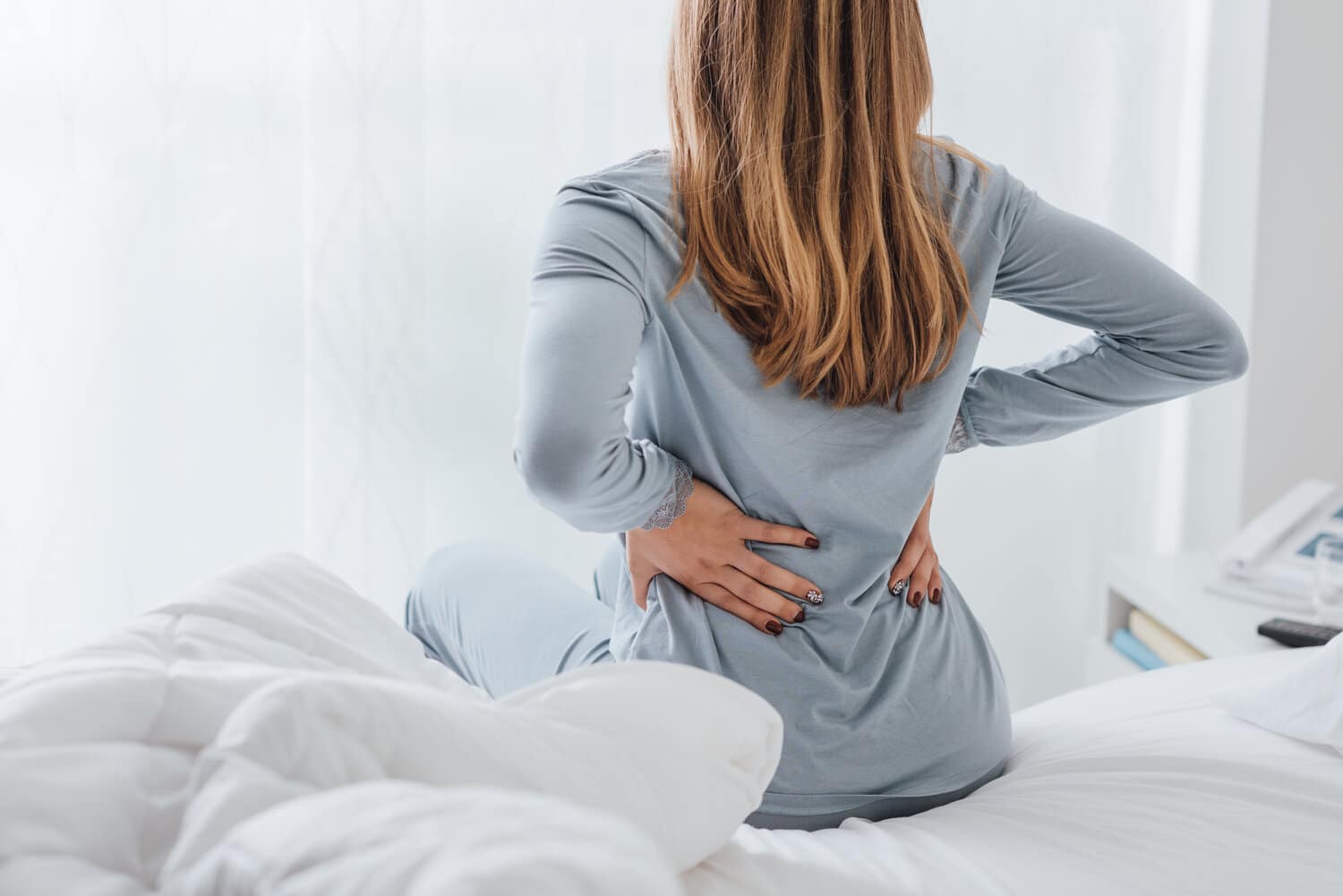 When it comes to designing a comfortable and functional home, many people overlook the importance of a good mattress. However, the mattress you sleep on can have a significant impact on your overall health, especially when it comes to lower back pain.
According to a study by the National Institutes of Health, using the wrong mattress can lead to increased back pain and discomfort.
This is because your mattress plays a crucial role in supporting your spine and keeping it in proper alignment while you sleep.
When it comes to designing a comfortable and functional home, many people overlook the importance of a good mattress. However, the mattress you sleep on can have a significant impact on your overall health, especially when it comes to lower back pain.
According to a study by the National Institutes of Health, using the wrong mattress can lead to increased back pain and discomfort.
This is because your mattress plays a crucial role in supporting your spine and keeping it in proper alignment while you sleep.
The Connection Between Mattress Firmness and Lower Back Pain
 The firmness of a mattress is a key factor in its ability to provide proper support for your lower back.
A mattress that is too firm can put excessive pressure on your spine, causing it to curve unnaturally and leading to lower back pain.
On the other hand, a mattress that is too soft may not provide enough support, causing your spine to sink into the mattress and also leading to discomfort. Finding the right balance between firmness and softness is crucial for maintaining proper spinal alignment and reducing the risk of lower back pain.
The firmness of a mattress is a key factor in its ability to provide proper support for your lower back.
A mattress that is too firm can put excessive pressure on your spine, causing it to curve unnaturally and leading to lower back pain.
On the other hand, a mattress that is too soft may not provide enough support, causing your spine to sink into the mattress and also leading to discomfort. Finding the right balance between firmness and softness is crucial for maintaining proper spinal alignment and reducing the risk of lower back pain.
The Role of Mattress Materials
 In addition to firmness, the materials used in a mattress can also contribute to lower back pain.
Memory foam mattresses have become increasingly popular in recent years due to their ability to conform to the body's shape and provide support where needed.
However, studies have shown that memory foam may not be the best option for those with lower back pain. This is because memory foam can cause the body to sink too deeply into the mattress, leading to an unnatural curvature of the spine.
Latex mattresses, on the other hand, have been found to provide better support and reduce back pain due to their ability to contour to the body while still maintaining firmness.
In addition to firmness, the materials used in a mattress can also contribute to lower back pain.
Memory foam mattresses have become increasingly popular in recent years due to their ability to conform to the body's shape and provide support where needed.
However, studies have shown that memory foam may not be the best option for those with lower back pain. This is because memory foam can cause the body to sink too deeply into the mattress, leading to an unnatural curvature of the spine.
Latex mattresses, on the other hand, have been found to provide better support and reduce back pain due to their ability to contour to the body while still maintaining firmness.
Replacing Your Mattress for Better Health
 If you are experiencing lower back pain, it may be time to consider replacing your mattress.
Experts recommend replacing your mattress every 7-10 years to ensure that it is still providing adequate support and comfort.
When shopping for a new mattress, it's essential to consider your specific needs and choose one that provides the right balance of firmness and support. Investing in a high-quality mattress can not only improve your sleep but also alleviate lower back pain and contribute to your overall health and well-being.
If you are experiencing lower back pain, it may be time to consider replacing your mattress.
Experts recommend replacing your mattress every 7-10 years to ensure that it is still providing adequate support and comfort.
When shopping for a new mattress, it's essential to consider your specific needs and choose one that provides the right balance of firmness and support. Investing in a high-quality mattress can not only improve your sleep but also alleviate lower back pain and contribute to your overall health and well-being.
In conclusion, while many factors can contribute to lower back pain, your mattress is often overlooked as a potential culprit. By choosing a mattress with proper support and materials, you can help alleviate and prevent lower back pain, improving your quality of life and overall health. Don't underestimate the importance of a good night's sleep and the role your mattress plays in achieving it.
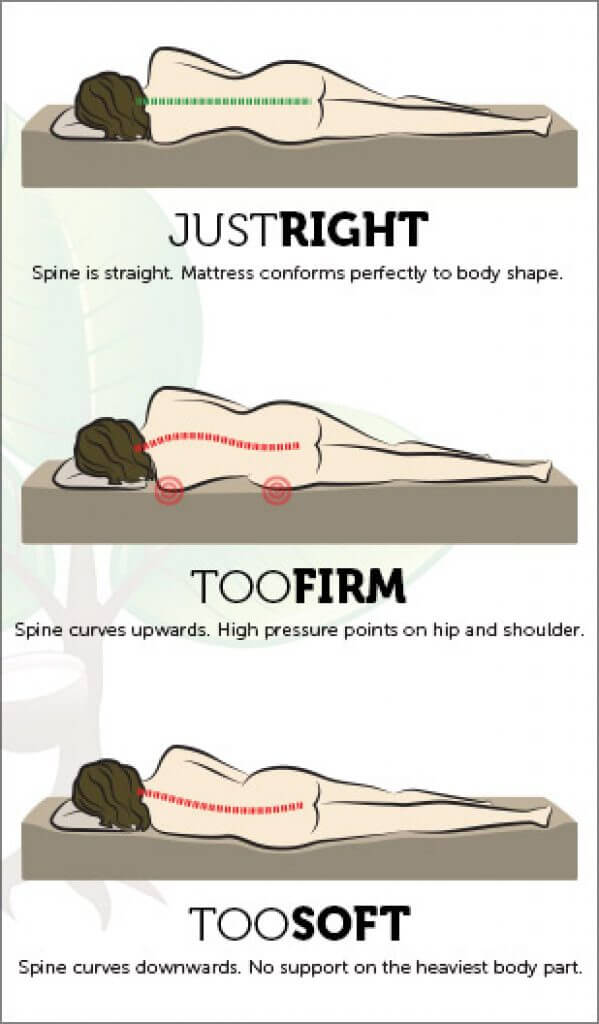



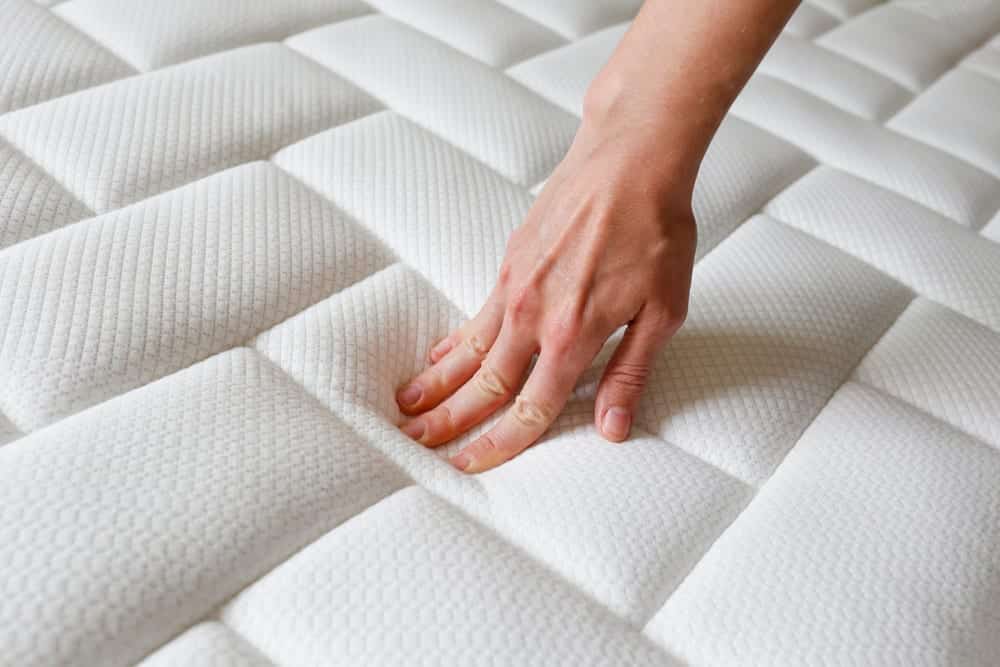
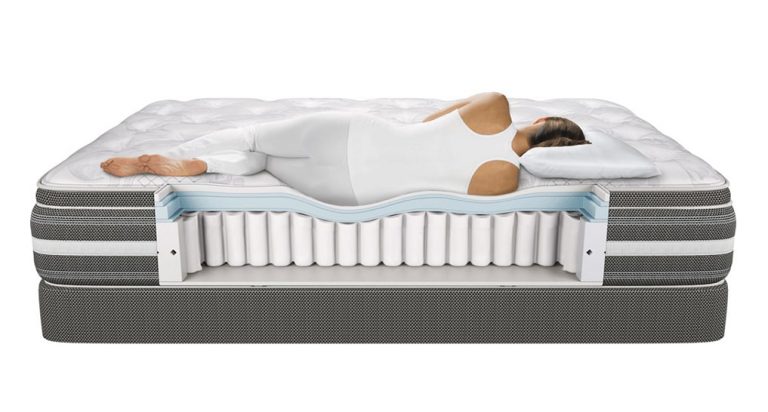


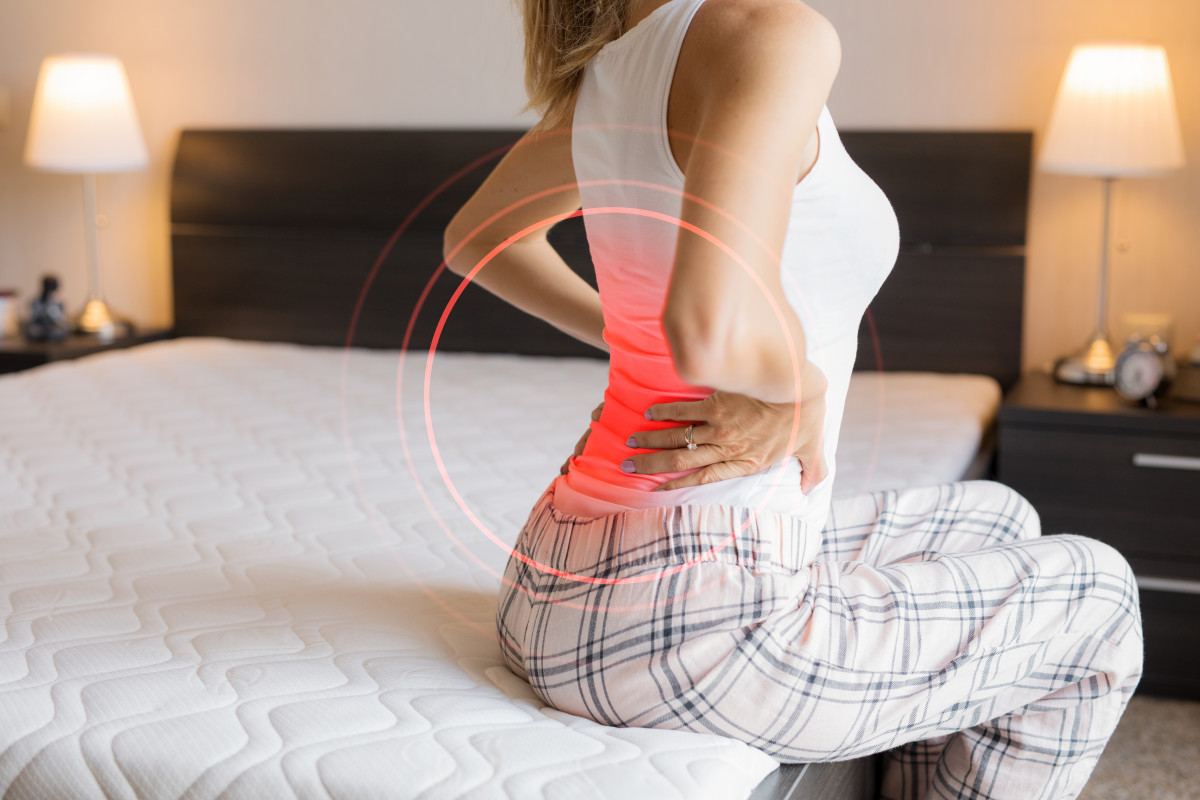


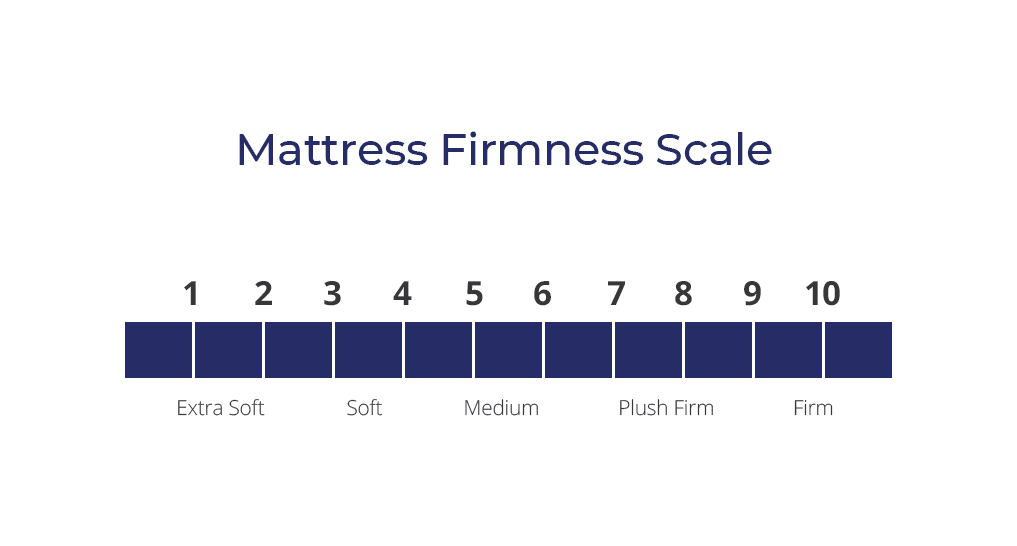
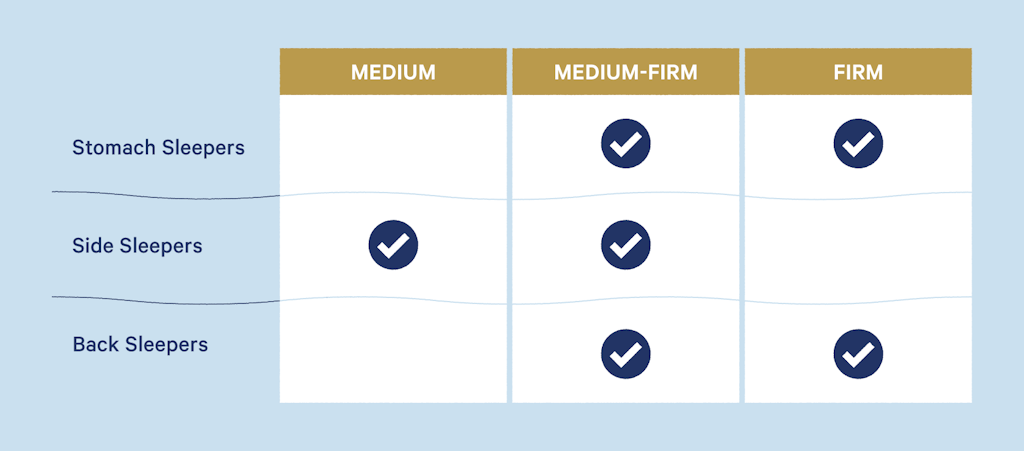


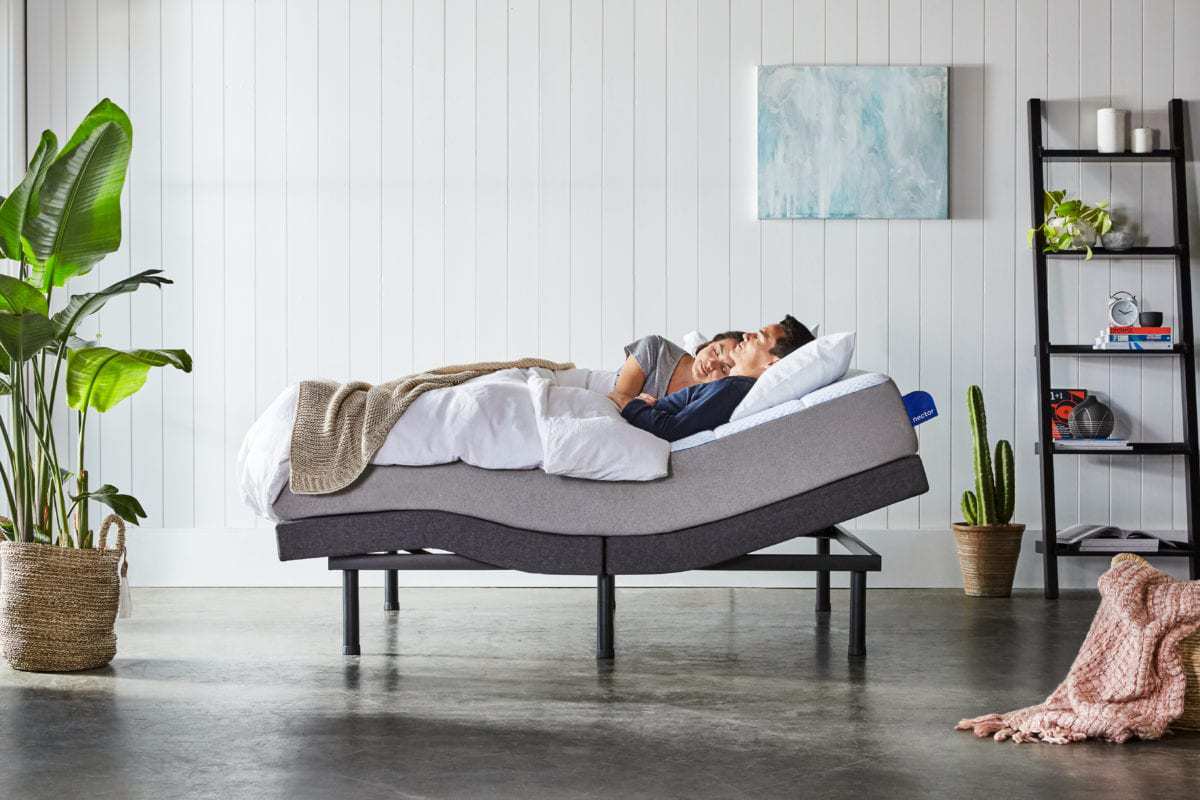
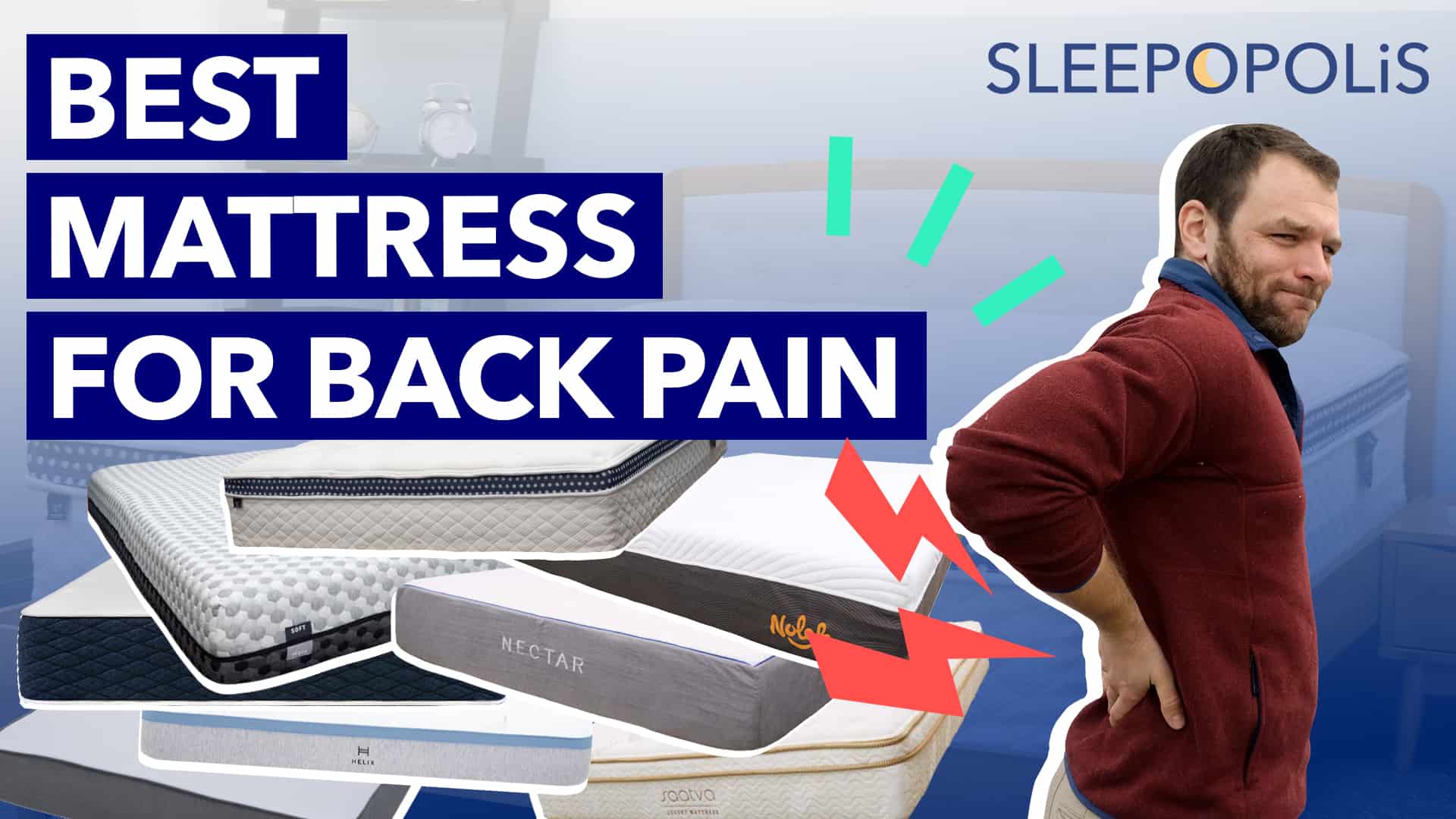
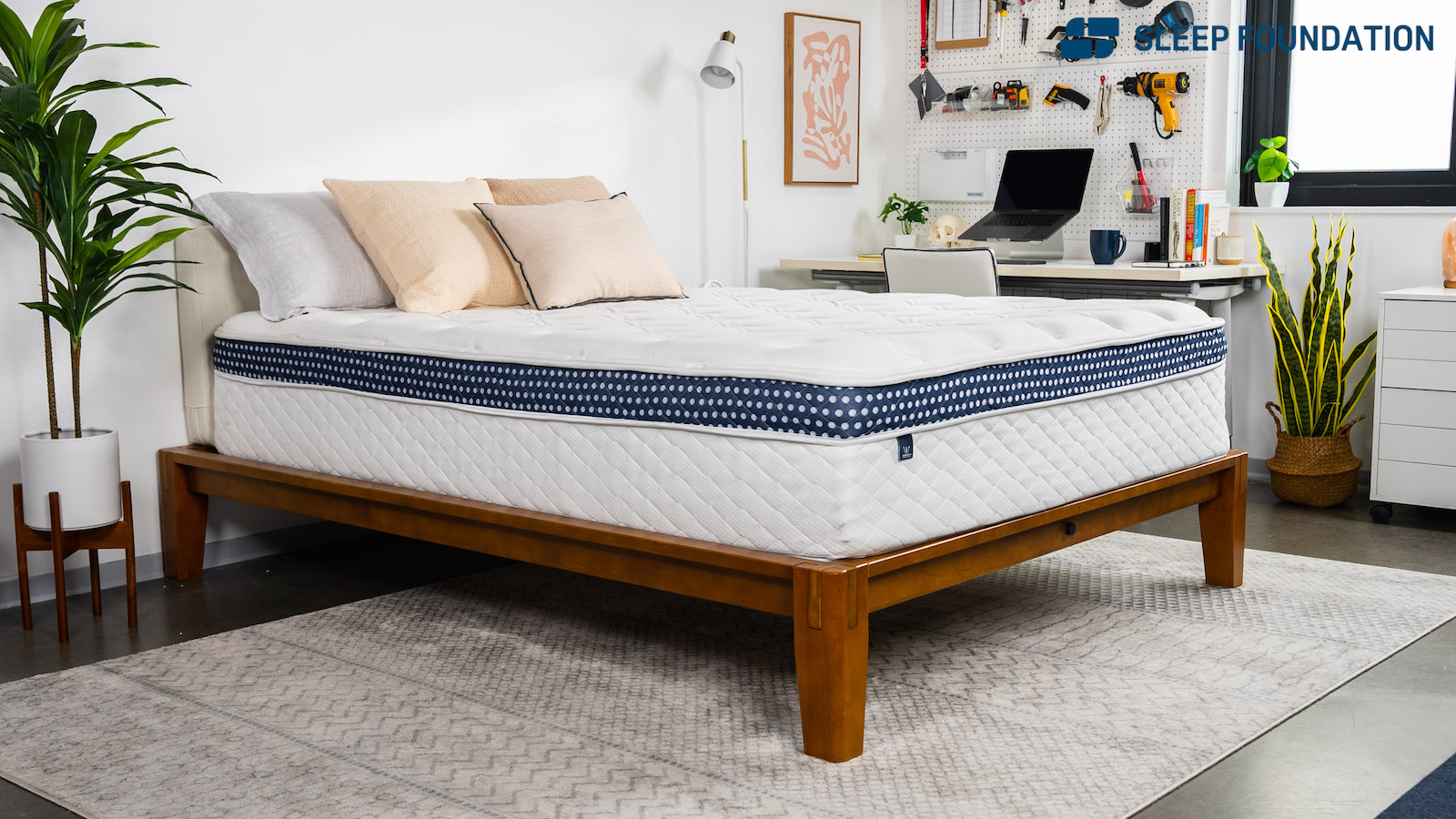
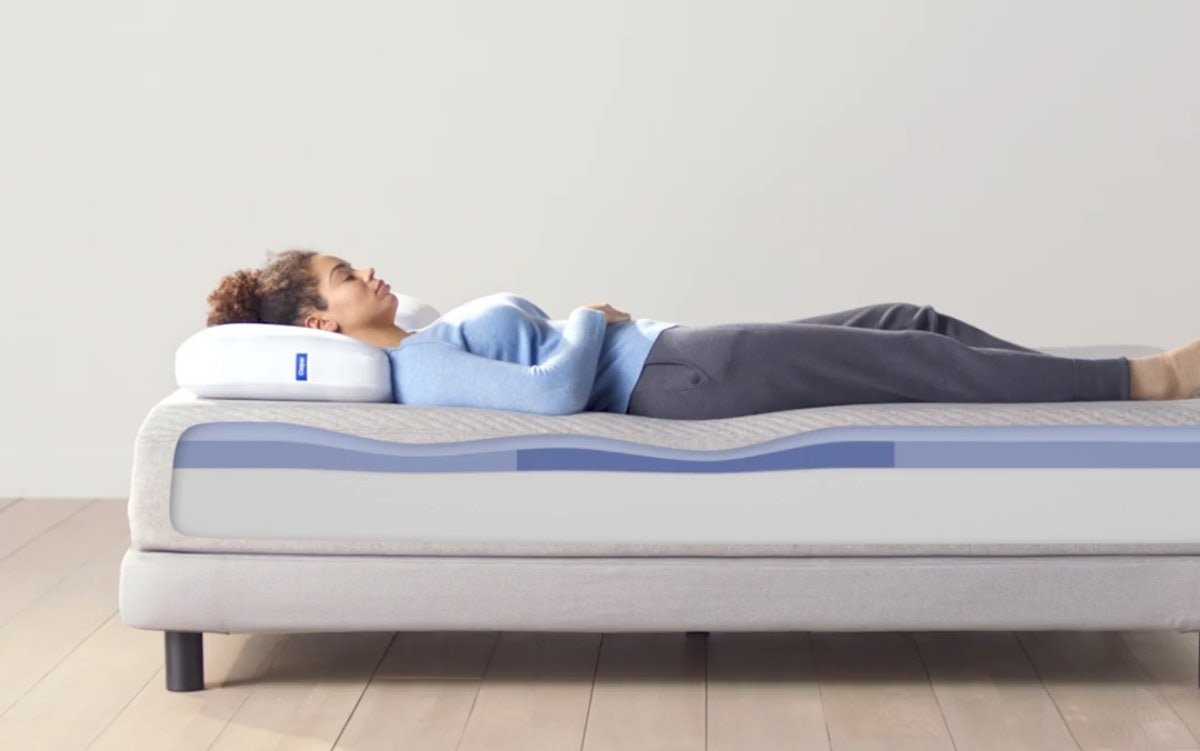



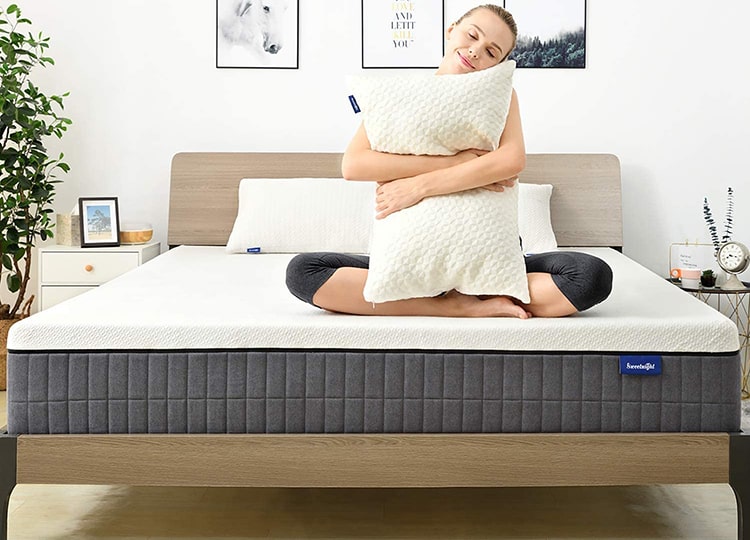
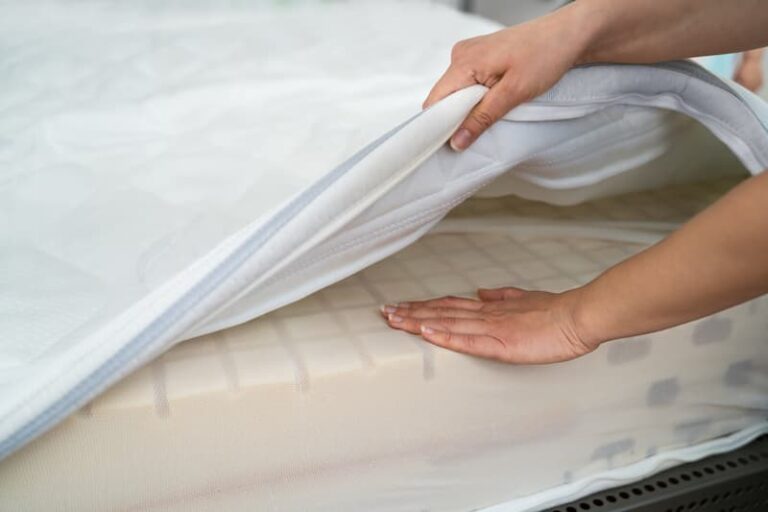







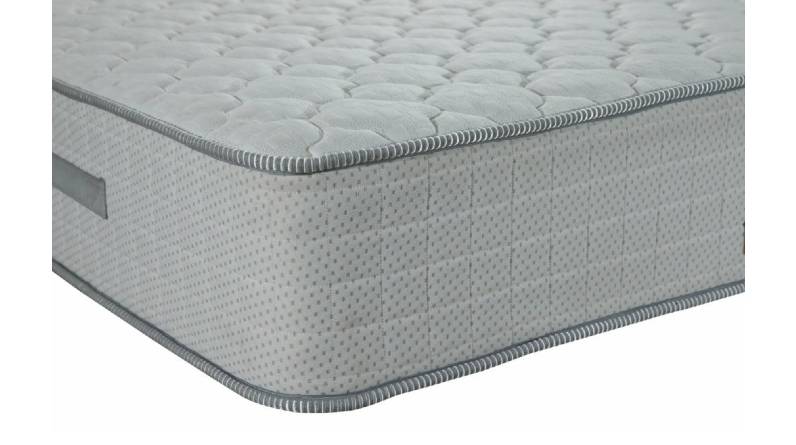
:max_bytes(150000):strip_icc()/Casper-Mattress-Bedding-1-d1caef51d4b647ef8631f2bf03a4bb76.jpg)
